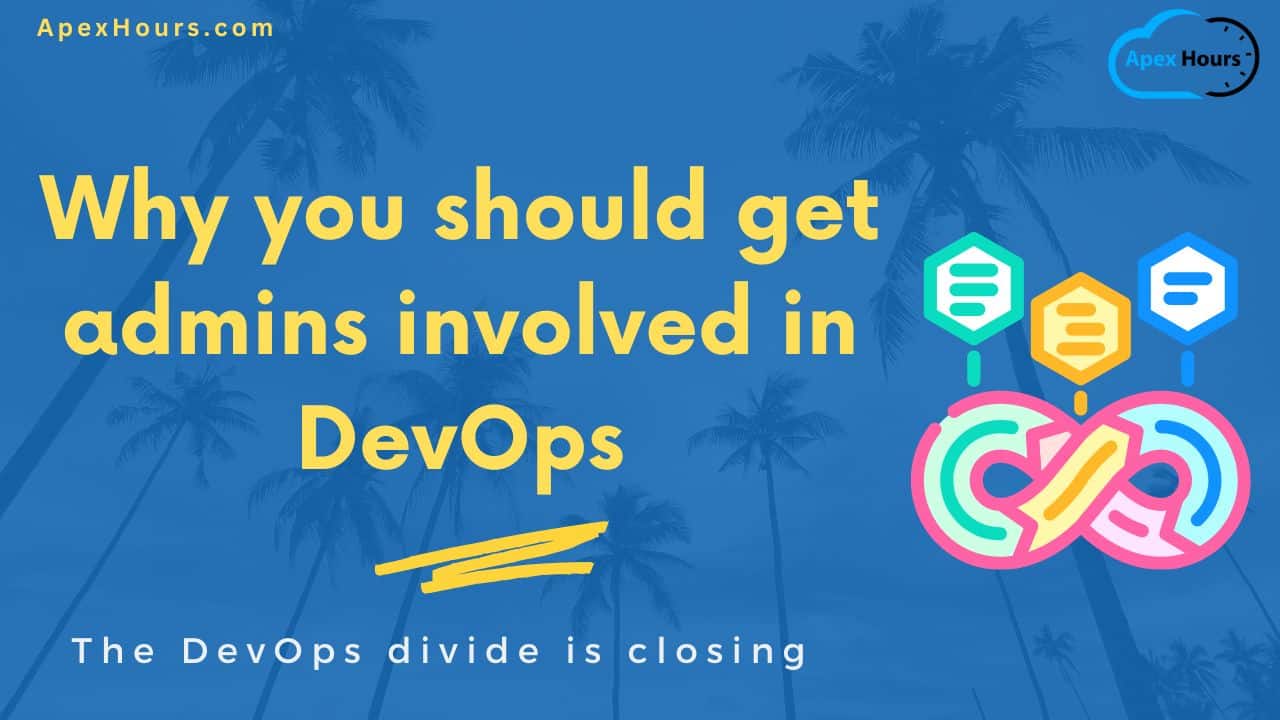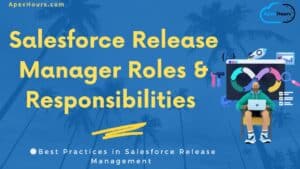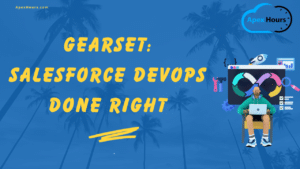When DevOps first gained popularity in the Salesforce ecosystem, the majority of tools available were code heavy. As a result, DevOps was primarily adopted by developers. But the tide is now changing. The DevOps divide is closing: why you should get admins involved in DevOps join and learn.
The 2024 State of Salesforce DevOps report found that most teams have now brought all role types into the DevOps process and there are benefits to doing so!
What makes Salesforce DevOps different?
DevOps is all about development and operations teams merging their responsibilities. But that doesn’t neatly map onto the typical roles and responsibilities in Salesforce teams.
When applying DevOps to Salesforce, it involves bringing together those responsible for building applications (usually developers and admins) and those responsible for releasing, monitoring and maintaining those applications (usually admins, team leads or release managers).
Low-code DevOps has changed the landscape
The DevOps tools that were originally available for Salesforce were code-heavy and more closely suited the developer skill set. As a result, many teams got developers up and running with Salesforce DevOps while admins continued to use native, declarative tooling. But this defeats the purpose of DevOps, by preserving silos and stopping teams harnessing the true potential that an inclusive DevOps pipeline can bring.
However, as more low-code solutions have become available, Salesforce DevOps is becoming more accessible and admins are increasingly being brought into the fold. In fact, 73% of teams in the State of Salesforce DevOps survey reported that all metadata types are built and deployed in the same way, with no division between roles.
Meanwhile, only 21% of respondents said that they have a split release process and an alarming 6% had no agreed release process at all.
The value of democratized DevOps
There’s an obvious argument for including admins in your DevOps process — getting everyone using the same release process increases visibility, making it easier to collaborate. Better collaboration means clearer division of development workload, smoother releases, and tighter feedback loops. But can it affect your bottom line?
Getting admins up and running with a declarative DevOps solution takes time, and the best low-code DevOps platforms aren’t free. Plus, if developers are currently using code-heavy DevOps tools, it’ll take time to migrate them over. So the transition needs to deliver actual value to the business, to make it a worthwhile investment.
But the data demonstrates that there’s a substantial return on investment in democratizing DevOps. A staggering 60% of teams with a unified release process report monthly Salesforce ROI of more than $20,000 — that’s twice as much as teams with a split release process and almost ten times as much as teams with no agreed release process.
Make data-driven decisions about DevOps
For teams looking to solve collaboration challenges and unlock Salesforce ROI, including your whole team in the DevOps process is a critical step to take.
To find out more about which teams are leading the way with democratized DevOps, as well as key trends Salesforce teams can expect in 2024, read the full report.





wanna know more about Salesforce devops